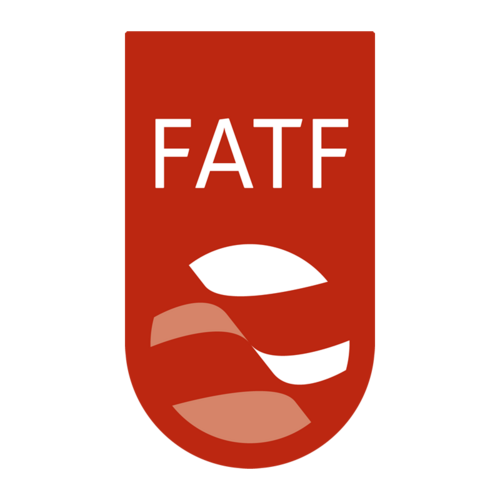FATF Updates High-Risk and Monitored Jurisdictions List, Reshaping Global Financial Landscape

The Financial Crimes Enforcement Network (FinCEN) has announced significant changes to the Financial Action Task Force’s (FATF) list of jurisdictions with strategic deficiencies in their anti-money laundering, counter-terrorist financing, and counter-proliferation financing (AML/CFT/CPF) regimes. These updates, stemming from the FATF’s June 2024 plenary meeting, are poised to have far-reaching implications for the global financial system and U.S. financial institutions.
In a notable shift, the FATF has added Monaco and Venezuela to its “Jurisdictions Under Increased Monitoring” list, commonly referred to as the “grey list.” This designation indicates that both countries have acknowledged deficiencies in their financial crime prevention systems and have pledged to work closely with the FATF to address these issues within an agreed timeframe. Conversely, Jamaica and Türkiye have been removed from this list, marking substantial progress in their efforts to strengthen their AML/CFT/CPF measures and align with FATF standards.
The FATF’s “High-Risk Jurisdictions Subject to a Call for Action” list, often called the “black list,” remains unchanged. Iran and North Korea (DPRK) continue to face the FATF’s most stringent countermeasures, while Burma (Myanmar) remains subject to enhanced due diligence but not full countermeasures. Of particular concern is the FATF’s emphasis on North Korea’s growing connectivity to the international financial system, despite its persistent failure to address significant AML/CFT deficiencies. This development has prompted the FATF to urge all jurisdictions to maintain heightened vigilance and implement robust countermeasures to shield the global financial system from risks emanating from DPRK.
For U.S. financial institutions, these updates carry significant implications. FinCEN advises these institutions to carefully consider the FATF’s designations when reviewing their risk-based policies, procedures, and practices. This includes enhancing due diligence for foreign financial institutions, paying special attention to correspondent accounts, and ensuring strict compliance with existing sanctions programs, particularly those prohibiting relationships with North Korean or Iranian financial institutions.
However, FinCEN also cautions against overreaction, emphasizing the need for a balanced approach. While increased scrutiny is necessary, financial institutions are warned against engaging in wholesale or indiscriminate de-risking of entire classes of customers or financial institutions. This nuanced stance reflects the complex challenge of maintaining financial system integrity while fostering legitimate international financial relationships.
The FATF’s updates underscore the dynamic nature of global efforts to combat financial crimes. Countries moving on and off these lists face significant economic and reputational consequences, creating a powerful incentive for nations to align with international AML/CFT/CPF standards. This fluid situation requires financial institutions worldwide to remain agile, continuously adjusting their compliance programs to reflect the latest FATF guidance while maintaining a risk-based approach to financial crime prevention.
As the global financial landscape continues to evolve, these changes highlight the critical importance of international cooperation in safeguarding the integrity of the world’s financial systems. The ongoing battle against money laundering, terrorist financing, and the proliferation of weapons of mass destruction financing demands vigilance, adaptability, and collaboration from financial institutions and regulatory bodies alike. As countries strive to improve their standing and others face increased scrutiny, the global financial community must navigate these shifts carefully, balancing risk mitigation with the need for inclusive and robust international financial relationships.
Article Credit: https://www.grcreport.com/post/fatf-updates-high-risk-and-monitored-jurisdictions-list-reshaping-global-financial-landscape
